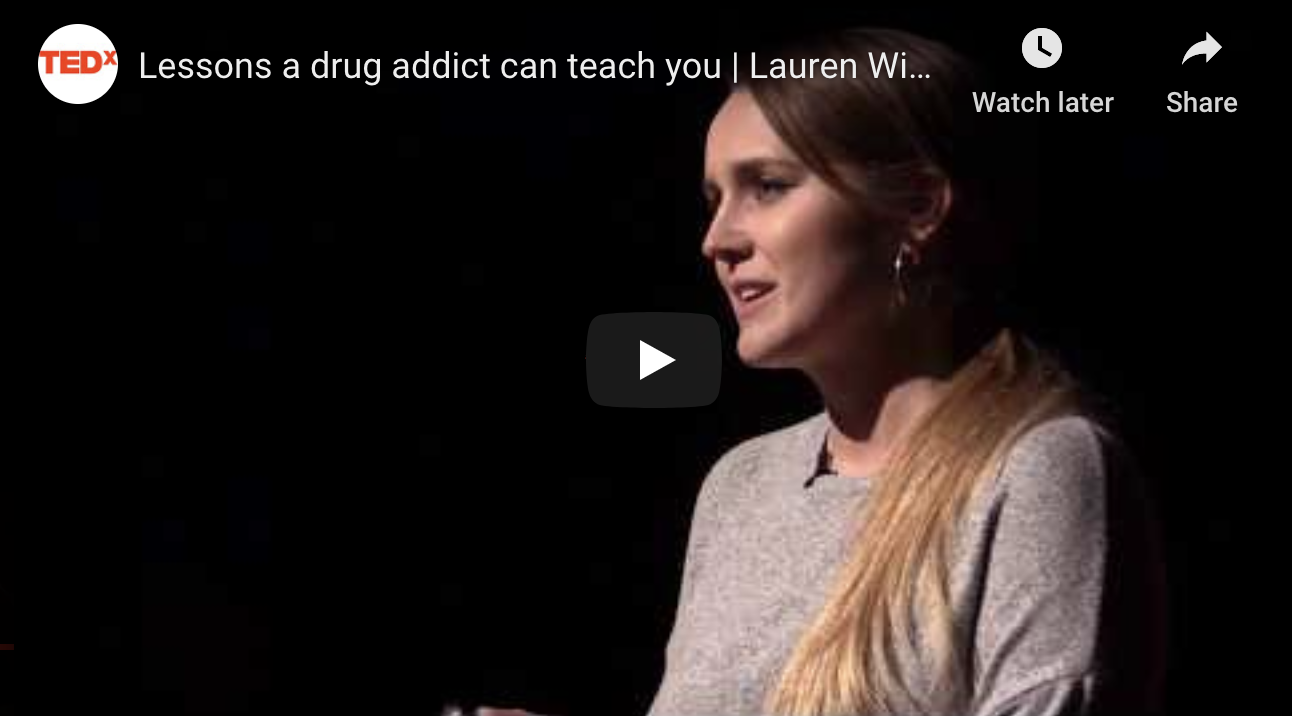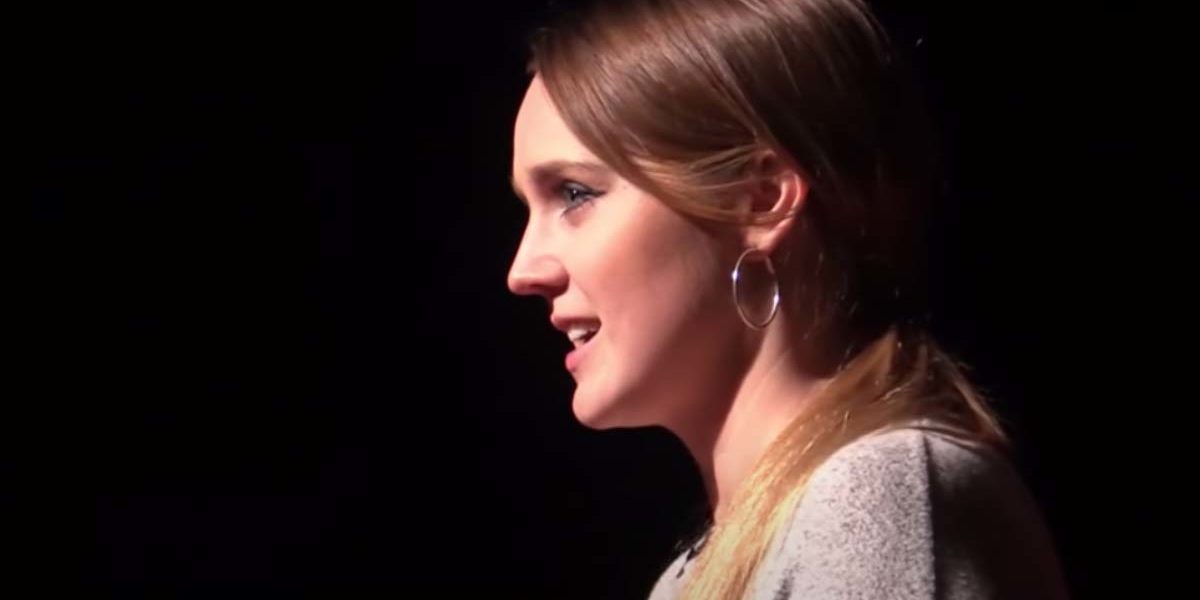There is a specific moment that I find myself recalling frequently. It occurred when I was in treatment in Spokane, WA about six years ago. I was on the phone with a loved one and I experienced a moment of clarity. It was clear to me that I had much to learn about recovery. I had listened to other people share about what recovery looked like for them, but still did not know exactly what it looked like for me. Yet, for the first time in my life I was content with not having all the answers. The way I expressed it to my loved one was “I am okay with not being okay.”
For years I had donned a personality, an alter ego if you will, that thrived on alcohol. When properly lubricated, this entity would act as if there wasn’t a care in the world. All was well, as long as the need for alcohol was being met. When alcohol was not readily available, this personality became agitated and persistent on acquiring more alcohol, or else it would let all hell break loose. In other words, the craving for alcohol made me most definitely not okay with not being okay.
As it turns out, alcohol was a short-term solution for a deeper, more troublesome problem. What I have come to learn about myself is that for most of my life I was uncomfortable in my own skin. If I am totally honest, I would say I still struggle with that somewhat today. It is simply less acute and definitely more subtle than the feelings caused by alcohol withdrawal. Drinking my way through my twenties disguised the fact that just being alive made me viscerally anxious. One of my friends described it as being “painfully self-aware”.
Part of recovery is learning to be aware and mindful of the self, and I had avoided that for more than a decade. So, when it finally came down to a choice, either face inevitable death or face my ‘self’, I reluctantly and begrudgingly began the journey toward recovery. There almost aren’t even words for how frightening it was to experience a sober mind for the first time after years of numbing. For me, it was an experience that forced me to my knees as I begged for someone or something to help take away my pain and discomfort.
For the alcoholic, the task of learning to harness self-awareness gets moved to the end of the list. I would rather “stick toothpicks in my eyes”, as my sponsor used to say, than begin to unpack the emotional turmoil I neglected to deal with throughout my drinking. But this is what I was told must be done if I wanted to stay sober. So, I got honest. I did a searching and fearless moral inventory (this is known as the fourth step in 12-step programs). I forced myself to be open-minded, cutting ties with what I previously believed to be the truth. I became willing to make amends for my part in all the destruction caused by my alcoholism.
For many months, life still felt uncomfortable. This new world I was living in was strange and awkward, but I was okay with that. The idea that life was not supposed to feel good all the time changed everything for me. I remember fighting through cravings every time I felt disappointed, or when something did not go as planned. I remember reminding myself that I wanted to see what was on the other side of that craving, because I had always given in and self-medicated until I began to feel better.
On the other side of the craving was a fascinating adventure into my soul. I heard it said in a meeting once that “the longest distance I ever had to travel was the twelve inches from my head to my heart.” Learning to love and accept myself, as uncomfortable as I felt, was the most remarkable journey I had ever taken. Anyone who has struggled with addiction knows that there was seductive power in being able to change one’s state of mind by using a drink or a drug. It temporarily allowed me to be super-human in curbing difficult emotions. The tough lesson I learned, however, was that life is not about avoiding being uncomfortable. It is about learning to mitigate destructive behavior caused by troublesome feelings.
This is what has been built into the curriculum at Spokane Falls Recovery Center. I am so impressed by the individuals who stick with the program and become willing to try whatever it takes as they learn to be self-aware; as they try new things to ward off cravings. There is one individual in particular who keeps coming back into our groups to try again, after leaving the room to clear his head. I watch him as he switches up his environment, either by going to a different room to be alone for a few minutes, or by going outside to listen to some music in his car. He is unashamed to take appropriate steps towards understanding his self-care. That sort of self-awareness and courage is inspiring to me even at this point in my recovery. I need to remember that the next time I am feeling uncomfortable, and ask myself: what can I do to take care of myself, and understand myself better, as I work through these feelings?
Lauren Windle is a journalist who has a passion for reaching her hand out to help addicts and alcoholics who are still struggling. She got sober at the same time I did (our sobriety dates are 16 days apart) and she breaks down the steps in a way that makes them accessible to everyone. In her TED talk that she delivered a couple of years ago, she highlights improvements in her self-care as she began to experience her spiritual awakening.
I reached out to Lauren to ask her for her thoughts on self-awareness. This was her reply:
“Self-awareness is all about total honesty. It’s a skill that develops when we start to come out of denial and invest in ourselves. For me, I didn’t stop drinking and become self-aware overnight, it was a muscle that needed building with exercise. I found working step six, helpful for this as it gave me the opportunity to observe my behaviour and identify destructive patterns. Once I knew where I would often go wrong in the past, I could tune into myself and put a stop to those behaviours in the future. That was such a gift.
Sometimes this work is hard, and sometimes when we are aware of ourselves, we don’t always like what we see. But it is worth it. The potential for growth with self-awareness is life changing. You won’t ever look back and wish you hadn’t bothered.”








